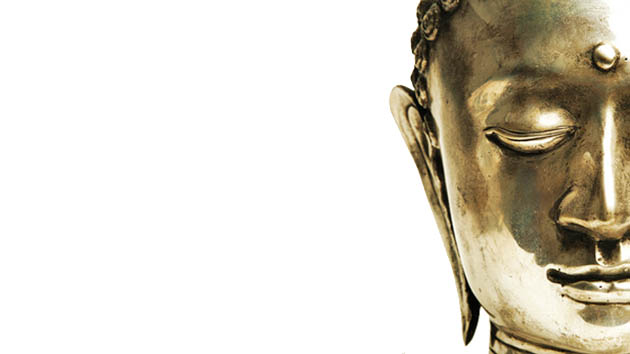What do some of the largest employers in America, the US military and ivy-league business schools have in common?
Big, forward thinking, organizations are leading the movement towards creating a society that is more focused, centered and connected through the ancient practice of mindfulness. So what is Mindfulness anyway? The answer: meditation. Mindfulness also means maintaining a moment-by-moment awareness of our thoughts, feelings, bodily sensations, and surrounding environment. What mindfulness does is create space in our minds where you can learn to “respond” rather than “react” to what passes through your mind. This practice has its roots in the ancient Buddhist religion. The practice is taking hold in corporate America.
A 2016 employer study conducted by the National Business Group on Health and Fidelity Investments reveals that 22% of employers currently have mindfulness programs and 21% are thinking about introducing one in 2017.
You can also find mindfulness training in the military, business schools and even at healthcare companies such as Aetna. The nation’s largest healthcare company recently announced a major mindfulness initiative. Each Aetna employee is given a post card that announces “Come back in 20 minutes, I’m taking a mindfulness break”. Employees were instructed to put these cards on their door to allow for some quiet time.
So what if employees could learn to be calm, relax under pressure and de-stress without losing focus? So what’s the benefit of having a bunch of people wandering the halls of corporate America talking about chakras and espousing the benefits of being “Zen”? Companies want to enhance employee productivity and performance. They also want to lower healthcare costs and absenteeism. Studies have shown that the benefits of meditation include:
- Improved mental and emotional health
- Reduced stress
- Increased attention span
- Improved memory
- Enhanced workplace morale
But more simply, the practice of being mindful can allow employees and leaders to clear their heads and become aware of reflexive, emotional reactions that can lead to bad decisions. Employees can reduce what’s known in meditation circles as “monkey-mind” or a mind that refuses to be quiet and concentrated, when our thoughts change like a monkey frenetically swinging from branch to branch.
In his recent book, 10% Happier: How I Tamed the Voice in My Head, Reduced Stress Without Losing My Edge, and Found Self-Help That Actually Works, by ABC News Dan Harris, presents a rational argument for the value of meditation. In 2004, the ABC News Nightline co-host suffered a visible, on –air, panic attack LIVE on Good Morning America television show. The Dan Harris Meltdown was the crescendo of years of exhaustion and stress. Harris was a rising star at ABC News, reporting on-air with Peter Jennings and Dianne Sawyer at only 26 years old. The meltdown was the spark that encouraged Harris to go another way. The result, albeit an indirect path, was for Harris to learn the ancient art of mindfulness and meditation. The book has been wildly popular and is currently the 9th bestselling self-help book of all time on Amazon.com.
Despite the move by corporate America, and the Dan Harris best-seller, mindfulness has a bit of a PR problem. Let’s face it. Meditating is weird. Or at least it used to be. Today’s meditation does not require a lot of the things people fear it might. For example, you don’t have to sit in a contorted position. (Unless you want to, of course.) You also don’t have to: chant, burn incense, or immediately dump your existing faith tradition. It’s a practice, much like learning a musical instrument or training for a 10K race. There’s nothing to buy and you don’t have to wear a frock, Birkenstocks sandals and patchouli perfume.
Increasingly, big companies are exploring the benefits of integrating mindfulness training into their Wellness strategies. According to Colleen Saringer, PhD an Atlanta-based health and productivity consultant with Alliant, “our clients are seeking creative, low-cost ways to lower stress and reduce the prevalence of anxiety and depression. We’ve become experts on mindfulness and meditation vendors and strategies due to increased demand. Our best advice: go slow and do your research on vendors before you allow anyone access to your employees.”
So is it the next big trend in creating the perfect workforce or simply a flash in the pan. We will be keeping a (mindful) eye on this trend.
From: Medium




